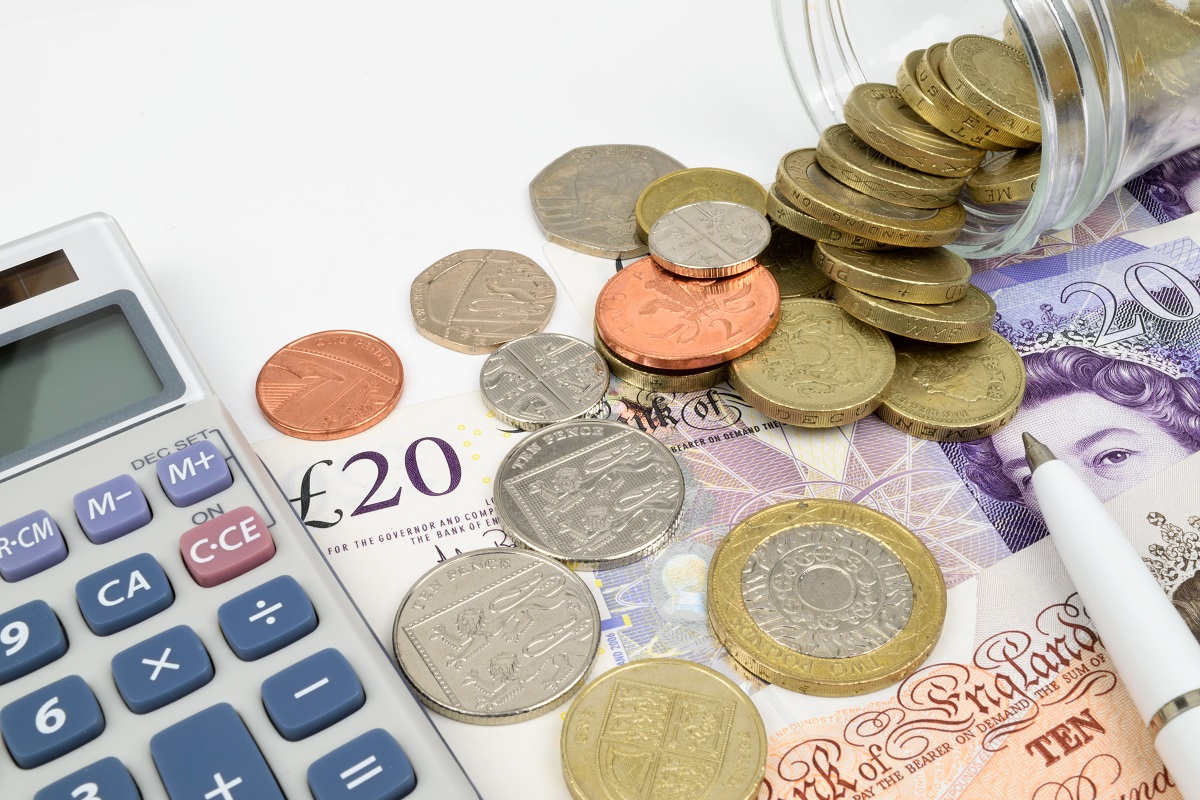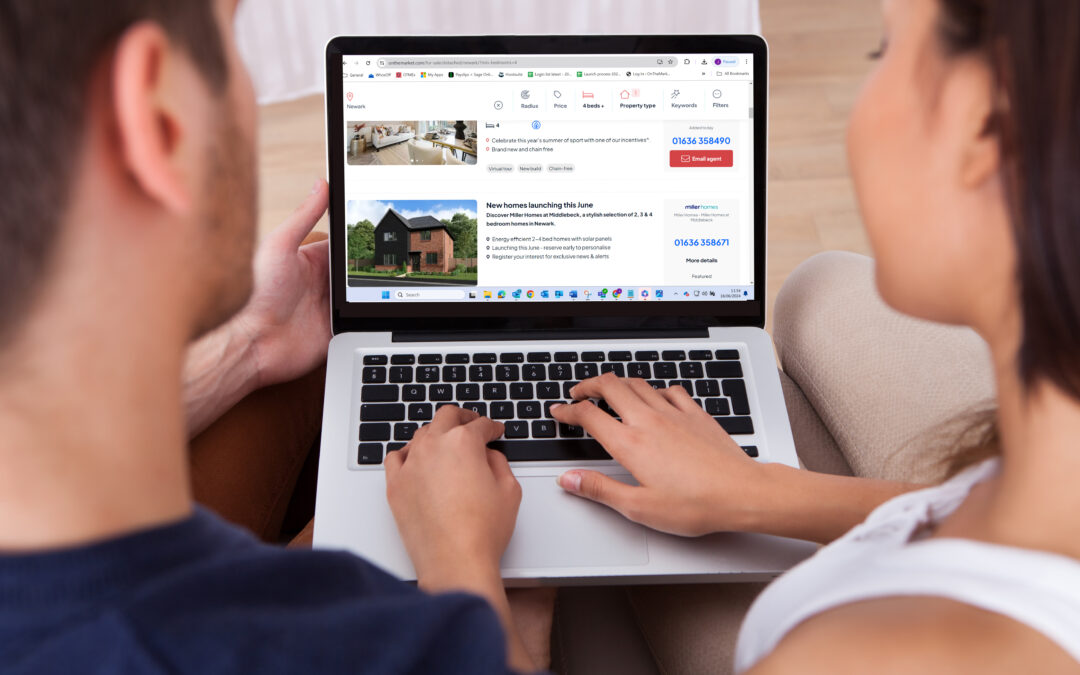With many questions surrounding the financial implications of COVID-19, OnTheMarket takes a look at the help available for homeowners, renters and those worried about their salaries.
Coronavirus mortgage holiday
In a bid to help homeowners who are struggling to pay their mortgage due to COVID-19, the Government has announced a three-month payment holiday.
To apply, homeowners need to contact their lenders. Interest accrued during the period will be added to the outstanding balance of the loan and repaid over the rest of the mortgage loan.
There is also help for those who bought through the Help to Buy scheme. These homeowners can apply for the three-month payment holiday on the equity loan.
Coronavirus eviction law
For those who are renting, the Government has announced help in the immediate term.
Housing Secretary Robert Jenrick said: “The Government is clear – no renter who has lost income due to coronavirus will be forced out of their home, nor will any landlord face unmanageable debts.” This emergency legislation will span three months.
Jenrick added: “These are extraordinary times and renters and landlords alike are of course worried about paying their rent and mortgage.
“Which is why we are urgently introducing emergency legislation to protect tenants in social and private accommodation from an eviction process being started.
“These changes will protect all renters and private landlords ensuring everyone gets the support they need at this very difficult time.”
To take advantage of the scheme, contact your landlord as soon as possible and explain the situation.
Renters will have to make up the payments they have missed, and landlords have been asked to work with their tenants to create a repayment plan.
Buy-to-let landlords are also able to apply for the three-month mortgage payment holiday but the benefit must be passed to their tenants.
In addition, the Government has increased housing allowance for people who are unemployed, on low incomes or claiming certain benefits to cover at least the bottom 30 per cent of market rents in their area.
Help with salaries because of coronavirus
For those unable to work due to their company being affected by coronavirus, the Government will pay 80 per cent of a person’s salary, up to a maximum of £2,500 a month, provided each individual remains employed.
Companies will apply directly to the Government for grants to pass to their employees.
It’s unlikely the Government will start paying out until the end of April and payments can be backdated to 1 March.
The scheme will initially run for three months but may be extended if necessary.
Coronavirus aid for self-employed and freelancers
The Government has come under pressure to do more to help freelancers and those who are self-employed who have experienced a drop in income.
On 26 March, Chancellor Rishi Sunak said self-employed people facing financial difficulties would be able to have 80% of their monthly wages covered by the Government.
This will be calculated using average monthly profits over last three financial years. The support will be capped at £2,500 per month, and will initially last three months.
Debt repayments during coronavirus pandemic
Struggling credit card users who make only the minimum repayments are being given more time to get out of persistent debt.
The Financial Conduct Authority has suspended its persistent debt rule.
This required lenders to contact customers who had debt that had not reduced for 18 months and ask them to either increase their repayments or cancel their credit card.
Read more
- What does coronavirus mean for homeowners with a mortgage?
- How will the three month coronavirus mortgage holiday work?
- Coronavirus eviction law: Renters protected for the next three months
The FCA has now ordered banks not to cancel credit cards until after 1 October 2020. This means that lenders are giving borrowers more time to deal with their persistent debt.
It’s important to remember that if anyone thinks they may miss a credit card payment due to coronavirus-related financial problems, they try to talk to the provider as soon as possible.
Regarding credit scores, the three main credit reference agencies in the UK have confirmed that payment holidays will show up on a credit report but they shouldn’t affect the score.
Borrowing relief
The Financial Conduct Authority (FCA) has written to banks suggesting they implement the following rules:
Firms should offer a three-month payment hold on loans and credit cards for consumers facing financial difficulties because of coronavirus.
Those who have already been affected should be charged zero interest on overdrafts of up to £500 for three months.
All overdraft customers should be no worse off than they were before the recent changes to overdraft pricing came into force.
Firms should ensure none of these temporary measures will affect credit ratings.
Accessing savings accounts
Some banks have relaxed their rules on accessing money in fixed savings accounts to help people during the pandemic.
Coronavirus and utility bills
All energy suppliers have agreed to emergency measures to help customers who are most at risk during the crisis.
They have agreed to ensure customers in vulnerable situations won’t have their energy supply cut off while self-isolating, and extra support for prepayment and pay-as-you-go customers.
Consumer group Which has put together information on what each provider is offering.
The Citizens Advice Bureau has further advice on help with bills.
Help for benefit claimants because of coronavirus
For those on low incomes, the Government has boosted certain benefits.
The universal credit allowance is being increased by £20 a week for all new and existing claimants. The rise comes on top of already planned annual increases and will start on April 6, lasting for 12 months.
Those who are still eligible for the working tax credit will also see the allowance increase by £20 a week.






